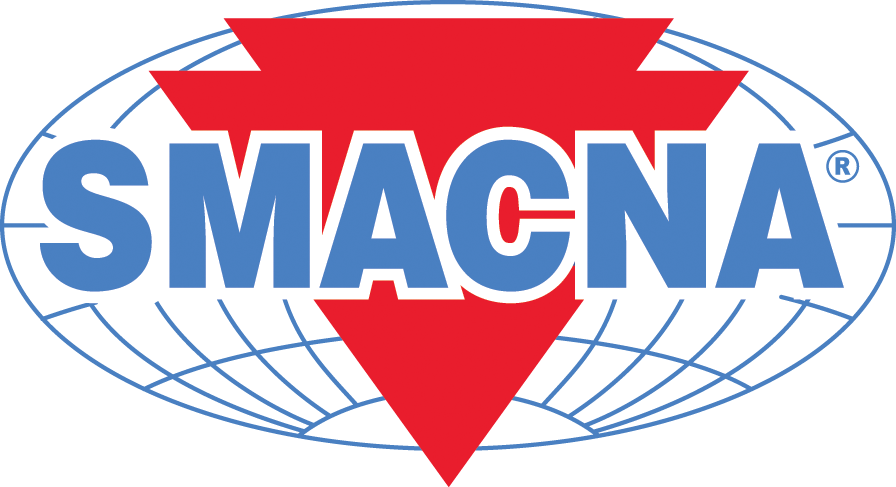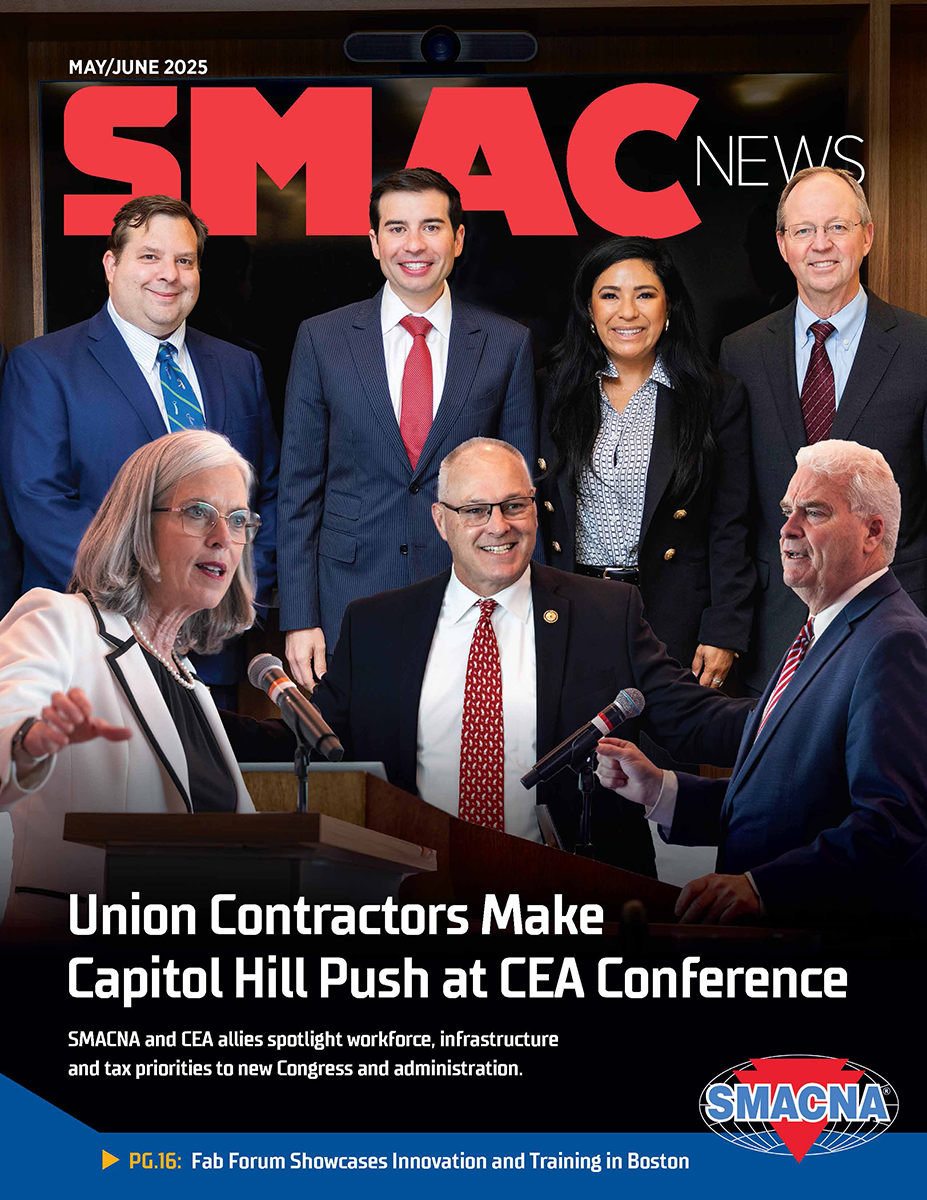RESIDENTIAL: Flourishing in the Residential Market
Metro Air increases its residential customer base by focusing on customer service, continued employee education and cost control.
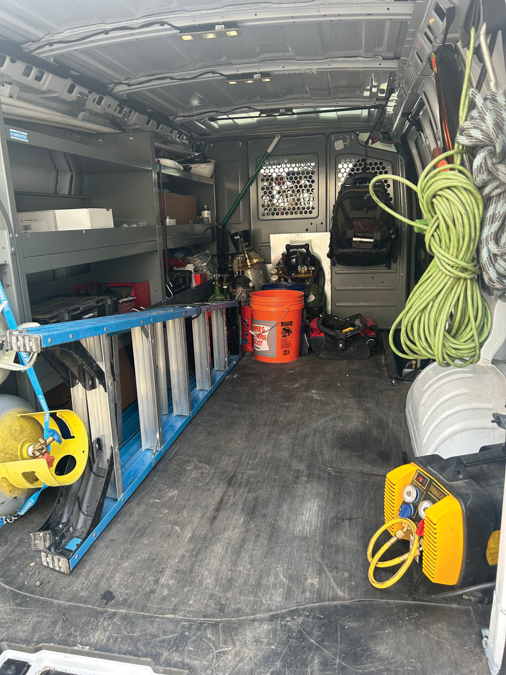
Last year, we had our best business in 44 years,” says Jay Levin, president of Metro Air in Bloomfield, Michigan. “Our dollar volume went up almost $1 million.” Much of that growth came from residential customers. “Residential used to be about 30% of my gross sales dollar-wise, but now it’s closer to 40%.”
Soon Metro Air will have 12 employees, with five of them dedicated to residential. “Every day the phone rings with a new referral. Almost all of our business comes from referrals.”
Focus on Service Standards
Metro Air’s success depends on customer satisfaction, so every month Levin reviews service standards with his team. “You greet the customer, and you listen to the customer,” he says. “You ask about problems.” His emphasis on the customer’s experience pays off in long, trusting relationships, with customers treating employees like guests in their homes. “We send the same guys to their houses every year, and they’re very welcoming. The guys put on booties and are respectful. Some customers let us in their homes, then leave us alone to lock up when we’re finished. In 44 years, we’ve never had a problem at a customer's house as far as safety or security.”
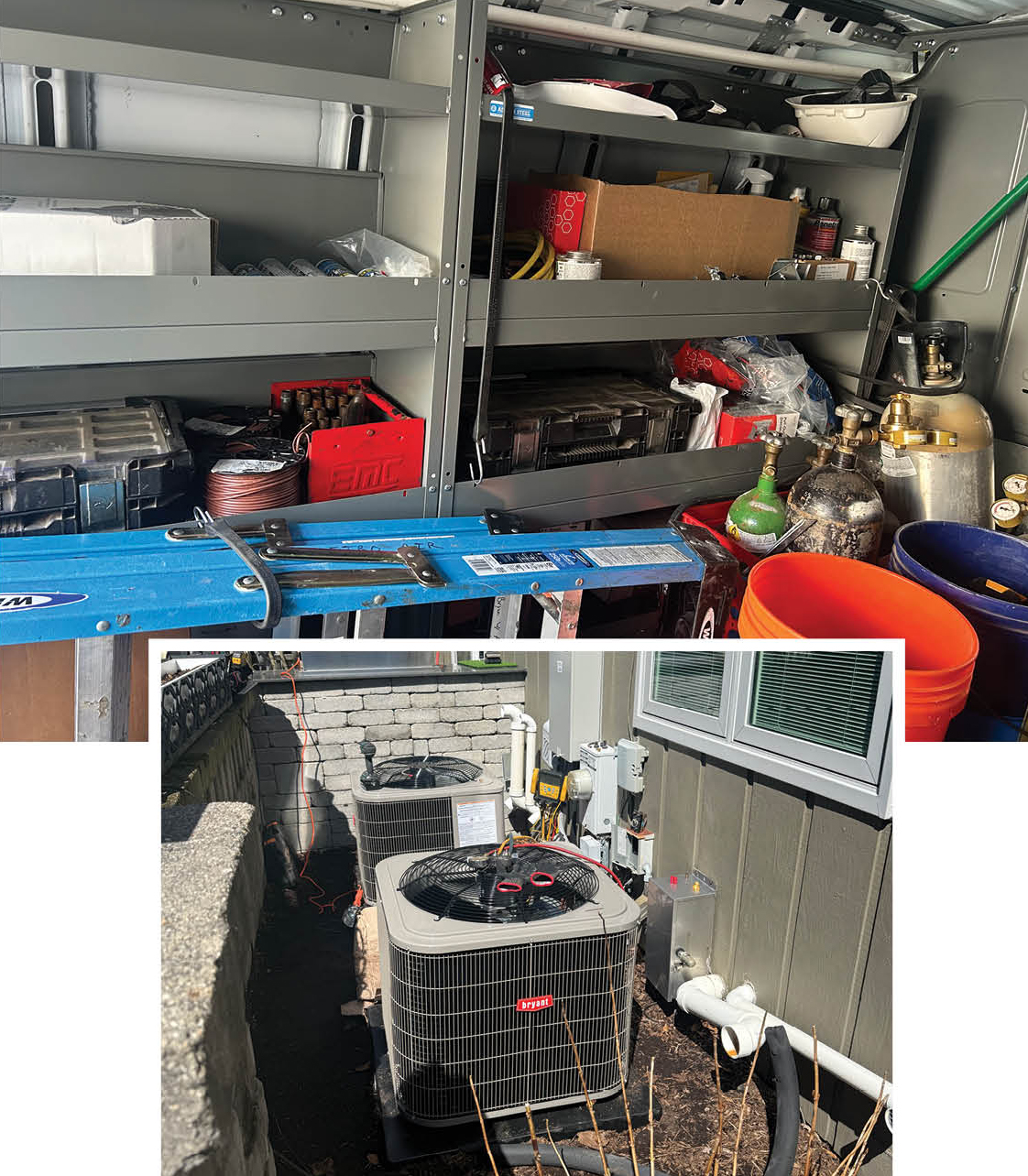 The residential market brings dependable work hours with routine spring and fall maintenance checks. “As the weather warms up, we check their air conditioners, shut their humidifiers down, change their filters and clean their coils,” Levin says. “The majority of our customers have large homes.” Besides two to five air conditioners, they might need two to five furnaces and three or four humidifiers. “We'll have three guys just doing maintenance, probably taking 20 to 30 calls a day, for almost three months.” Regular inspections allow technicians to identify potential problems before equipment fails. “We tell the customer everything we find, and most of them are proactive about making changes. We put in four or five air conditioners a week during air-conditioning season.”
The residential market brings dependable work hours with routine spring and fall maintenance checks. “As the weather warms up, we check their air conditioners, shut their humidifiers down, change their filters and clean their coils,” Levin says. “The majority of our customers have large homes.” Besides two to five air conditioners, they might need two to five furnaces and three or four humidifiers. “We'll have three guys just doing maintenance, probably taking 20 to 30 calls a day, for almost three months.” Regular inspections allow technicians to identify potential problems before equipment fails. “We tell the customer everything we find, and most of them are proactive about making changes. We put in four or five air conditioners a week during air-conditioning season.”
Year-round service calls are another steady source of revenue that doesn’t depend on new construction. “I pay guys to be on call on weekends and for emergencies, whether it’s heating or cooling,” Levin says. “We give them all the overtime they want because our customers don’t like to wait two days for help.”
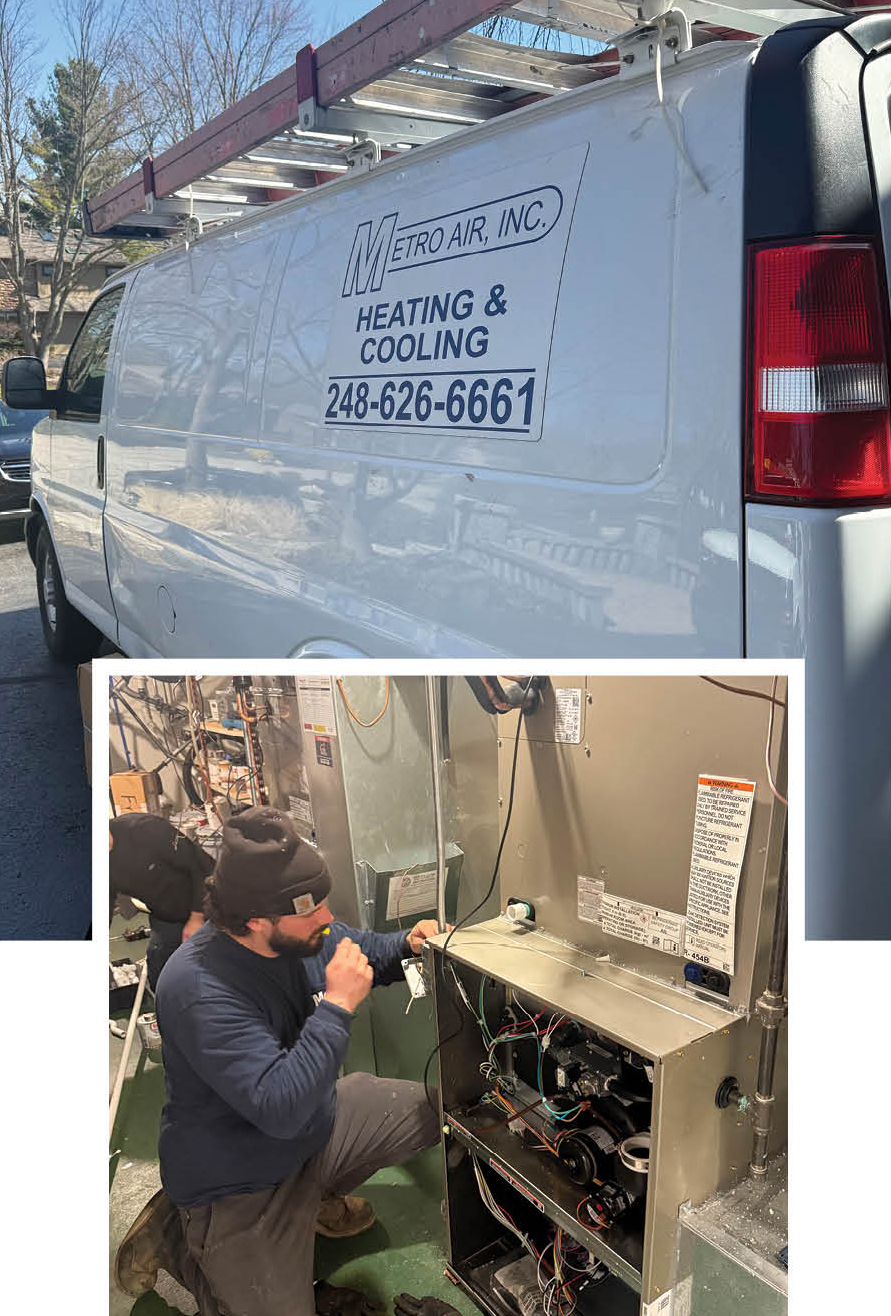
To ensure quick response times, each service truck is stocked with supplies. Metro Air is a Bryant dealer, and the trucks also carry generic parts to accommodate equipment that they didn’t install. “We keep thousands of dollars’ worth of parts in our trucks — motors, thermostats and controls that will fit on multiple brands,” he says.
Educating Team Members On New Technologies
The newest residential HVAC technology requires increasing skills and more installation time. “High efficiency furnaces have a new way to vent. On average, it takes at least two men two hours longer to change a furnace now.” Besides the extra work hours, two-stage gas furnaces require additional adjustments after installation. “Variable speed blowers come with switches and settings. We must do our due diligence to make sure the ductwork isn't making any noise.”
Metro Air is in the process of adopting a new mildly flammable refrigerant, 454-B. “We have separate refrigeration gauges, recovery tanks and vacuum pumps,” Levin says. “Anybody who doesn’t educate their guys is going to be in real trouble. The supply houses offer free technical training. They’ll even put a private class on for us. We’ve sent our technicians twice, and I’m probably going to send them one more time.”
Helping Customers Control Costs
While rising work hours and modern equipment are pushing prices up, Metro Air keeps customers happy by helping them control costs. “If we go up to a 97% efficient furnace, our gas company gives customers $500.” SMACNA and Local 80 also provides a rebate program from targeting funds. “They get another $200 from the SMACNA rebate, totaling $700.”
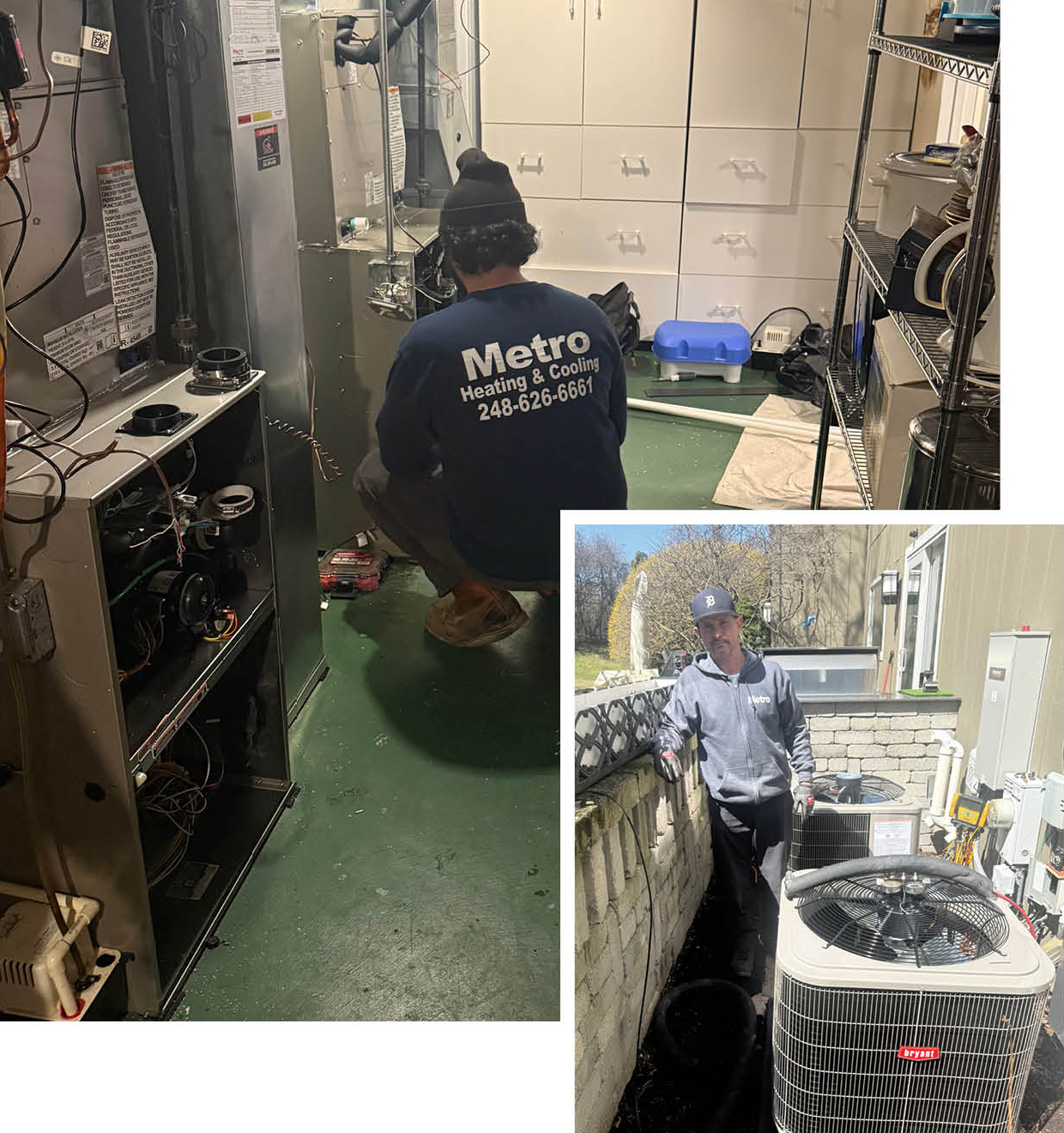
Metro Air used to talk with customers about tax breaks for installing energy-saving equipment, but the tax break ended for a time, then came back at a different level. “We tell them whether the equipment they're putting in qualifies as an energy star product, and that they're entitled to a rebate if there's a rebate offer, but we stopped telling customers what the rebates are.”
They encourage customers to talk with an accountant or tax professional for current amounts. Changing tariffs are another source of uncertainty. To allow for rapid fluctuations in equipment costs, Metro Air’s residential and commercial quotes are valid for only 30 days.
Metro Air has always invited customers to shop around for better deals, and Levin expects more customers to check with supply houses this year. “The numbers will be a little more eye-opening,” he says. “Fortunately, we have good relationships with even our smaller customers. If they need help, we’ll let them finance over six months.”
Published: July 9, 2025
IN THIS ISSUE
A “Good Catch” for Safety
icon Mechanical’s proactive safety approach earns SMACNA’s 2024 Safety Innovation Award.
ARCHITECTURAL: Detroit Firm Rebuilds Historic Tower’s Copper Crown
CASS Sheet Metal battles wind, weather and tricky scaffolding to restore the iconic Detroit Towers.
CAPITOL HILL UPDATE: HVAC Tax Credits on the Chopping Block in House GOP Tax Plan
In May, House Republicans unveiled their much-anticipated tax package, and the news was not great for HVAC tax credits. The 389-page bill included the repeal of two major HVAC tax credits that address residential energy efficiency improvements.
Fab Forum Showcases Innovation and Training in Boston
Sheet metal leaders gather for hands-on learning and facility tours.
Financial Resilience: Strengthen Your Scenario Planning in 2025
Halfway through 2025, and from where we all stand, contractors’ continued challenges may seem unpredictable. Material costs have fluctuated due to regulatory changes and supply chain disruptions.
HVAC: Modern Niagara Bets Big on Ottawa’s Hard Rock Casino Revamp
In a landmark project, Modern Niagara is spearheading the transformation of an aging casino in Ottawa into a cutting-edge Hard Rock Hotel & Casino.
INDUSTRIAL: How to Navigate Explosive Growth
Allied Mechanical balances industrial megaprojects with customer loyalty and long-term strategy.
Innovating, Educating and Connecting For a Stronger Future
During my travels, I emphasize to all our members: SMACNA is your association. SMACNA exists solely to promote the interests of our members and the union sheet metal/HVAC industry.
NLRB In Limbo Following the Unprecedented Removal of Member Gwynne Wilcox
In early 2025, President Trump removed Gwynne Wilcox, a Democratic appointee to the National Labor Relations Board (NLRB), despite the fact that her five-year term did not expire until 2028.
RESIDENTIAL: Flourishing in the Residential Market
Metro Air increases its residential customer base by focusing on customer service, continued employee education and cost control.
Safety First, Profits Follow
How prioritizing safety builds a more profitable and sustainable business.
Strengthening SMACNA: Engaged Members, Stronger Connections
Entering my fourth year as CEO, I have moments when I can reflect on what it means to be a part of SMACNA.
Union Contractors Make Capitol Hill Push at CEA Conference
SMACNA and CEA allies spotlight workforce, infrastructure and tax priorities to new Congress and administration
Welcome New SMACNA Members
